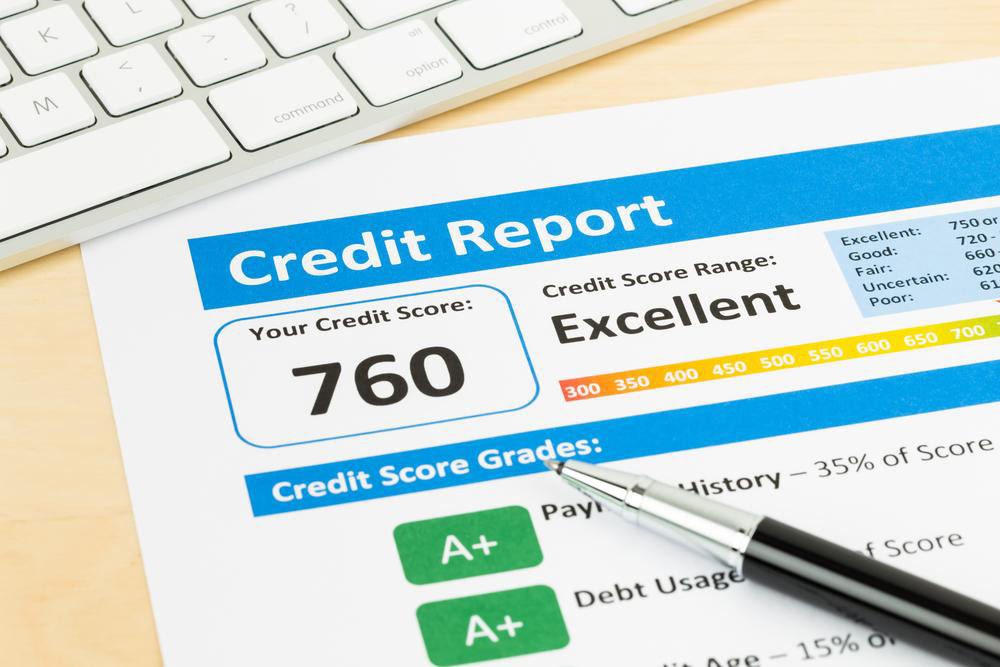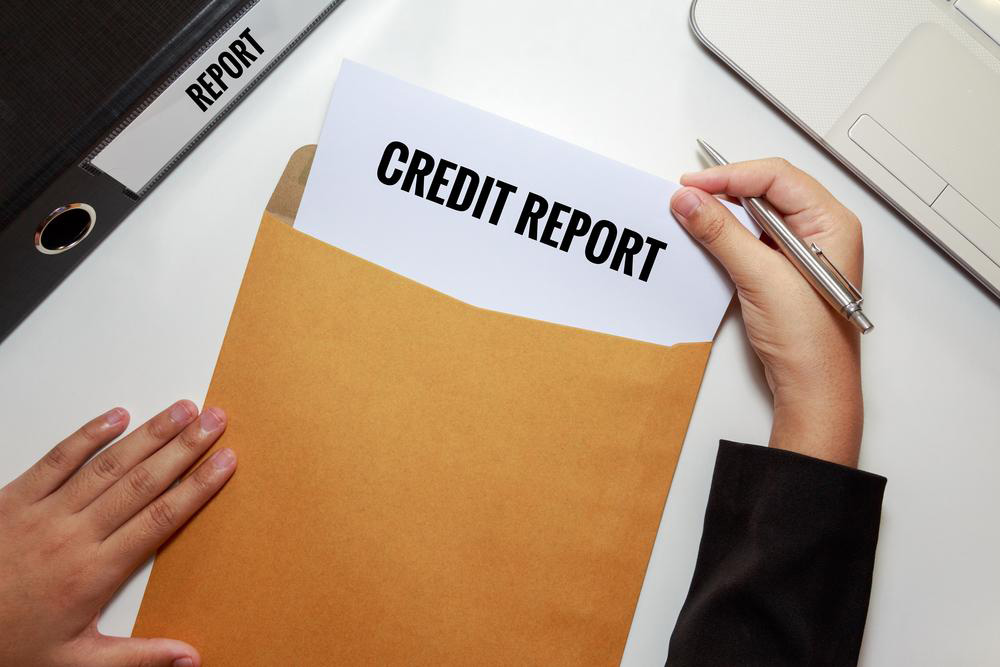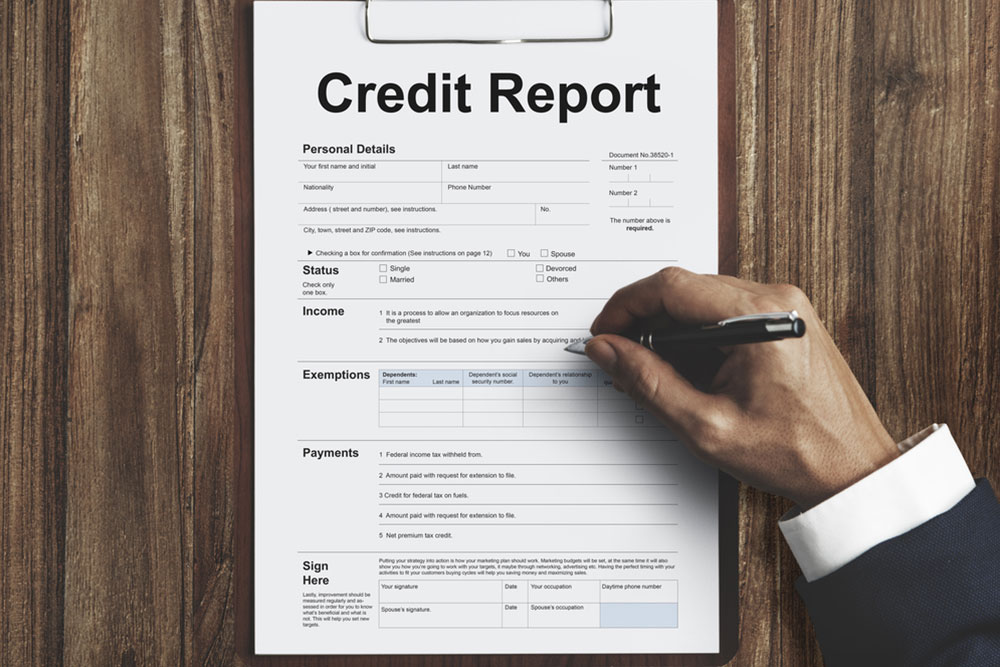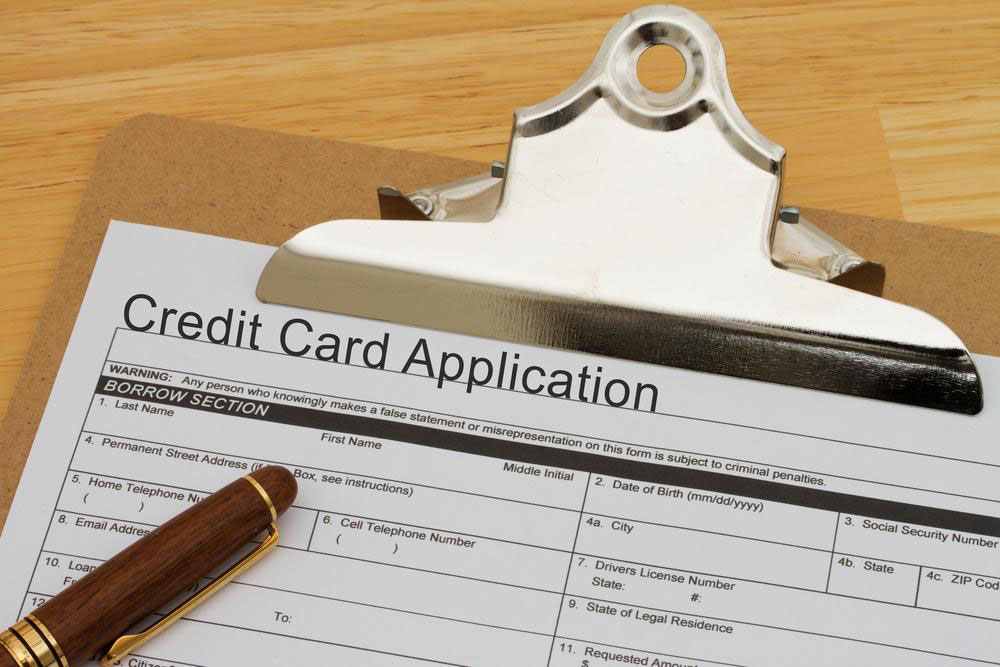Key Insights into Understanding Credit Reports and Their Impact
This article provides essential insights into credit reports, highlighting their components, importance, and how they influence your financial opportunities. It emphasizes the need for regular checks and offers resources for free access, empowering individuals to manage their credit health effectively.
Sponsored
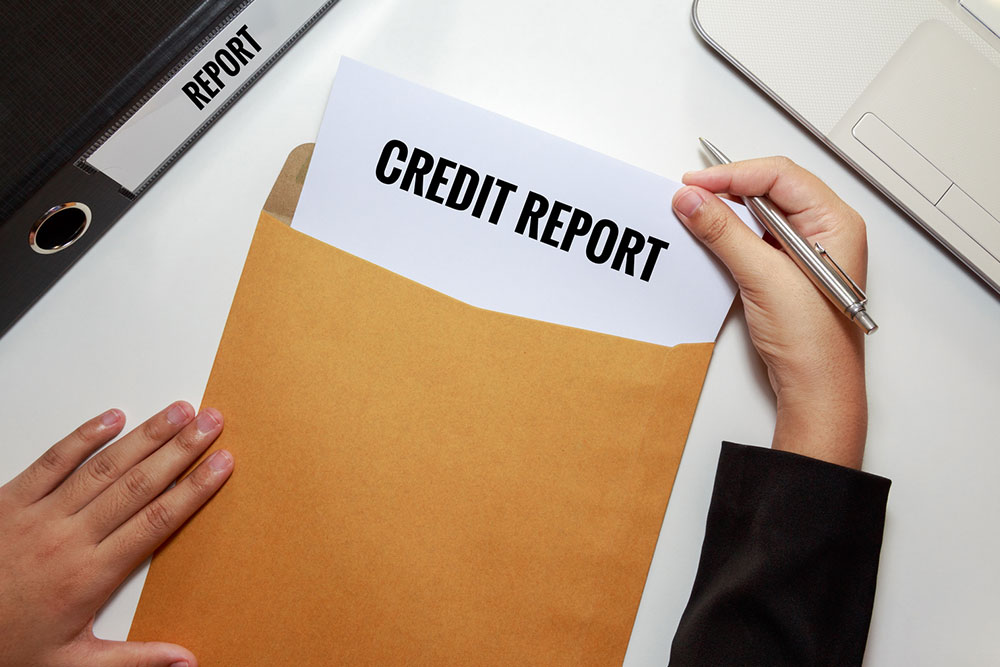
Achieving personal milestones such as securing a desired job, purchasing a home, or traveling the world often depends on financial stability. One crucial element influencing financial health is your credit report. Despite its significance, many individuals overlook or remain unaware of how to access or interpret their credit reports. It's essential to start reviewing your credit history regularly to safeguard your financial future.
Credit reports provide a detailed record of your borrowing activities and current financial standing. These reports are produced by credit bureaus that gather data from various sources and compile them into comprehensive statements. Understanding what a credit report includes can help you manage your credit better.
Key components of a credit report
Recent credit inquiries – Records of recent companies or organizations that have checked your credit profile, along with the dates when these checks occurred.
Personal details – Your name, date of birth, addresses, phone numbers, social security number, and employment info.
Account information – Details about credit accounts, credit card histories, mortgage loans, auto loans, creditor names, balances, and repayment histories.
Some agencies may also include public records such as court judgments, tax liens, or bankruptcies, though many now exclude this data. It's important to distinguish between credit reports and credit scores; the latter is a three-digit number representing your credit health based on report data.
Why accurate credit reports matter
While a credit report may seem like just a record, it significantly influences your credit score, which impacts loan approvals, interest rates, insurance premiums, and even job opportunities. Regularly reviewing your report helps identify errors and potential identity theft issues. If inaccuracies are found, disputes can be filed with credit bureaus to correct the information.
Consequences of poor credit reports
Limited employment options – Some employers review credit reports during background checks for roles involving financial or security-sensitive responsibilities. They may also verify your identity using this information.
Loan rejections or higher interest rates – Lenders assess your credit history before approving loans, often leading to higher rates for poor credit scores.
Insurance premium adjustments – Insurance companies review credit reports to determine the risk level, affecting policy costs.
A negative credit report can also hinder rental applications, mortgage rates, and utility account setups. To keep track of your financial health, it's recommended to review your credit report annually. Several reliable sources provide free access to your reports without requiring credit card information.
AnnualCreditReport.com – The official site allows you to access free reports from TransUnion, Experian, and Equifax once every 12 months. Reports are available for download as PDFs, though they do not include your credit score.
Credit Sesame – Partnering with TransUnion, this service offers monthly updates on your credit status after creating a free account. It also provides your TransUnion credit score and tools to improve your credit health.
Credit Karma – Providing free access to reports from TransUnion and Equifax, Credit Karma offers credit monitoring tools, score simulators, and personalized loan and credit card offers.
CreditWise – From Capital One, this free tool delivers TransUnion-based reports and scores, with regular notifications on significant changes and tips to boost your score.
Bankrate – Offers free access to TransUnion reports with a chronological display of your credit history, along with a free credit score analysis.

